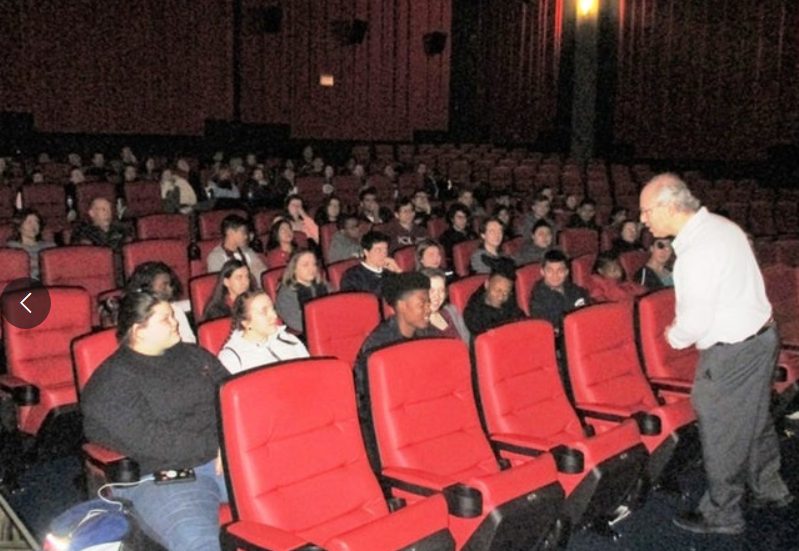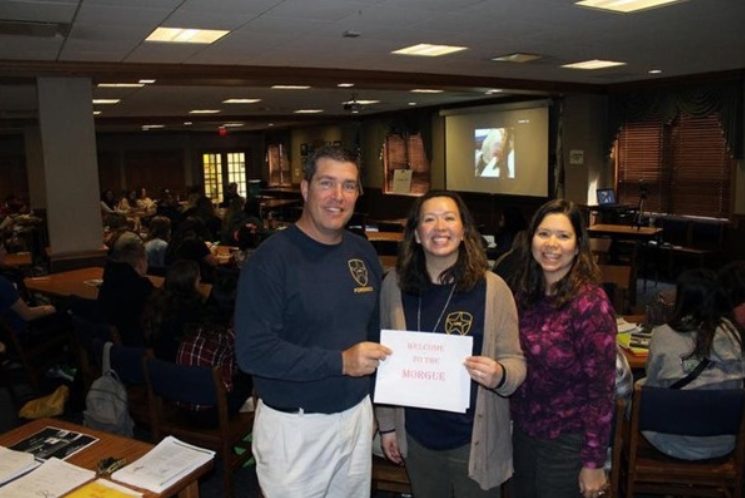Think “dual credit” but at the medical school level.
Real cases
Real anatomy
Please Contact us to learn more.
Extended access options available.
Easy integration
Utilize the short-video format for curriculum “recipes” that fit easily with your current lesson plans. A 5-minute class-starter showing the actual heart will energize your cardiovascular lesson. Student assignments can function like hands-on organ labs or focus on specific areas of the body.
Make difficult concepts intuitive
3-d concepts like cavities, body layers, and organ relationships become accessible through engaging videos as structures are turned, lifted and dissected in the videos. Physiology comes to life. The cases show more than anatomy. They show how the body functioned during life. For example, viewing fluid in the lungs teaches first hand how heart failure backs up through the pulmonary circulation. And so on.
Motivating
The cases are real at a time when students crave relevant, real, fascinating content. The patient stories and view of life and death allows students to reflect on their own lives ahead and the impact of health choices; and know the importance of the material you are teaching.
Graduated responsibility
We recommend parental consent and integration of mature discussions with students. The conversation you’d have with your students before visiting a medical school anatomy lab is the same you’d have here. There issues are adult, from disease to trauma to substance abuse. There is nudity and decomposition. But there is always respect for the deceased. Help your students to grow into the complex world with graduated use of the site. Or jump in if your students are ready, for example, in career-track programs where students are already working in hospitals.
Distance learning labs
The options are endless. Have students follow one case over the year — like medical school anatomy lab — revisiting the body as new organ systems are covered in class. Assign groups different case and have each present the findings, like a pathologist. Utilize the broad database to have students research topics. Engage with our interactive group features. And more….We can assist with curriculum planning.
What people say about our high school event:
-Kelley Pataky, Science Teacher, Arlington Heights
-Chad Robson, Science Teacher, Tinley Park
–Nina P, student
-Jamie B., student
-Jiaqi C., student

View press
Tinley Park High School

View press
Lincoln Way East High School
